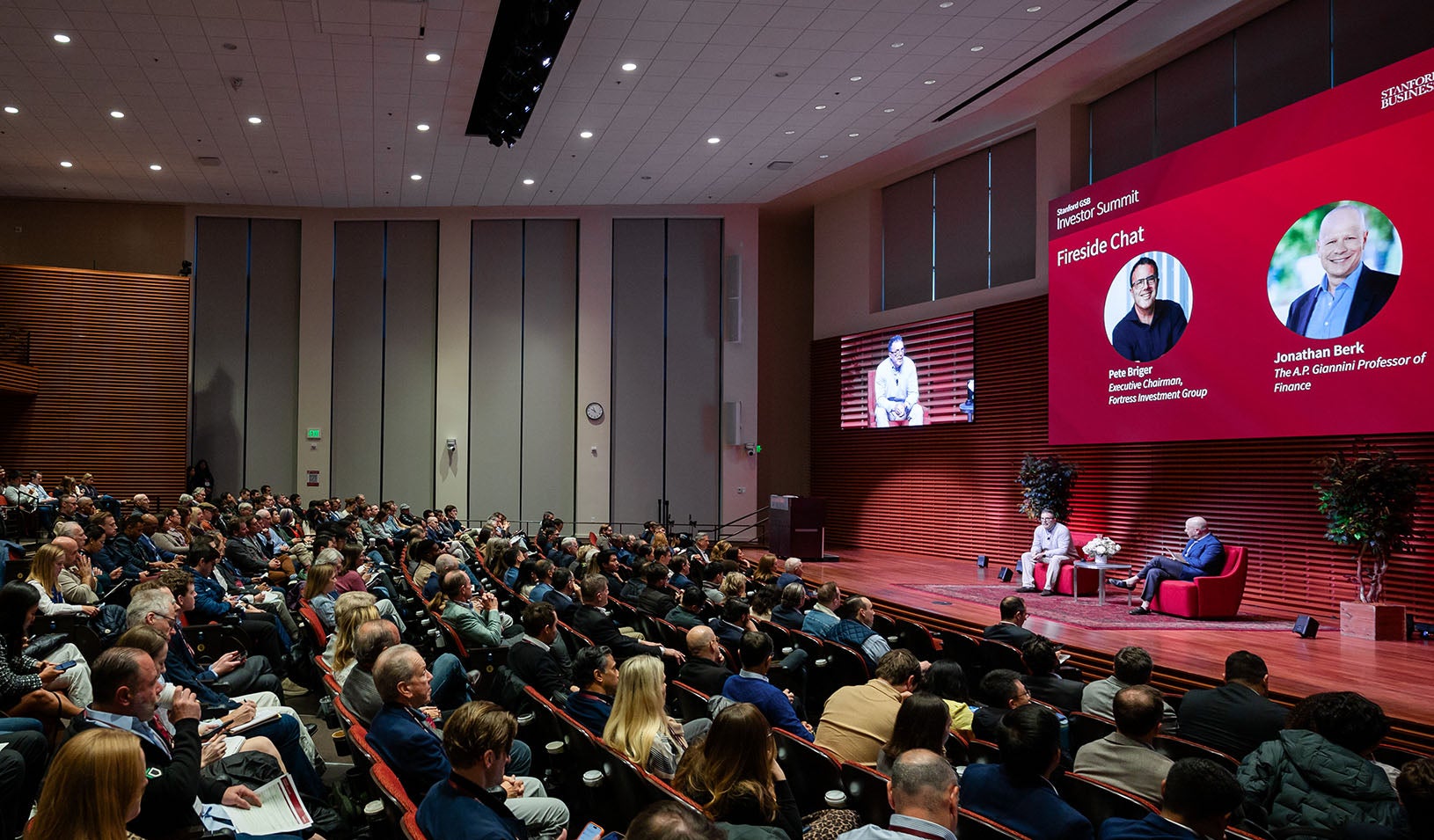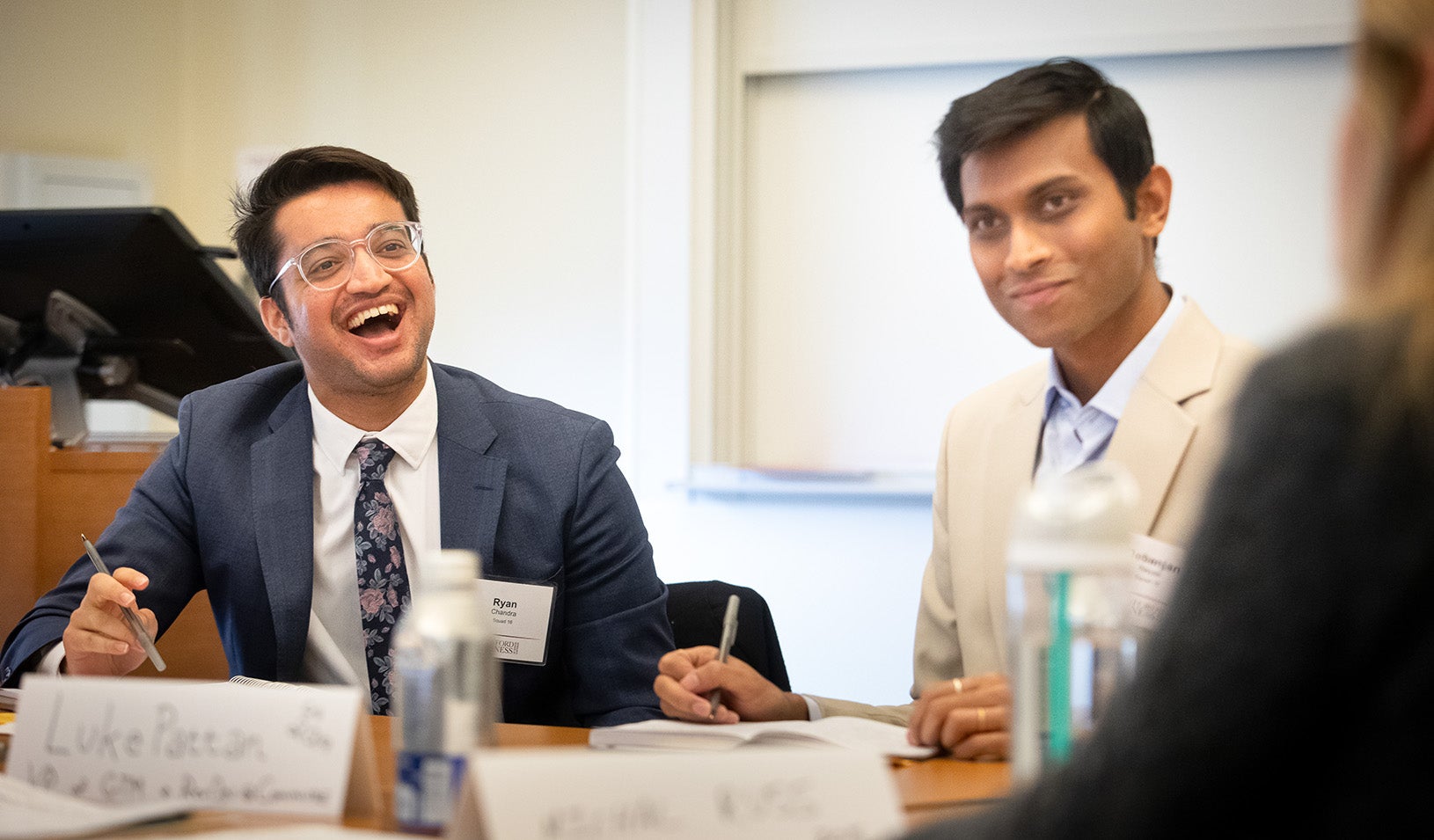August 06, 2020
My hometown is Wuhan, and my memory of it is very deep. I grew up with my grandma and a lot of friends. I remember riding my bike to school every day. I remember the trees and the shade during summer. Whenever I was stressed or unhappy, I would ride down the street and feel much better.
Xander Wu, MS ’19
In the earliest stages of the COVID-19 outbreak, Xander Wu joined Wuhan2020, an open-source community of internet developers and designers who came together to build solutions designed to fight the spread of the virus and help those infected by it. He initiated and organized Hack for Wuhan, an online hackathon.
When I saw the news and pictures from Wuhan after the coronavirus hit, I couldn’t believe it. It made me feel homesick, like I couldn’t do anything. I had lots of emotions and wanted to do something. I almost felt like I lost my memory. But I also felt hope because the people of Wuhan are strong.
Wuhan2020 was initiated on January 25, and I joined the community that first day. Its mission was to gather developers and designers to save Wuhan.
For example, we wanted to build an information platform to help doctors who needed critical personal protective equipment, such as masks, face shields, and protectors. We wanted to share that information across the internet and see who could help. It attracted more than 3,000 developers.
I was trying to think of some creative ways to motivate people and see how we could better incentivize developers to create more valuable solutions. I had done some research work at Stanford about innovation behavior. I am a super-fan of design thinking, and the most important component in design thinking is empathy.
Finally, we decided to run a hackathon, Hack for Wuhan, which we ended up completing in two weeks. It attracted about a thousand participants from 33 countries. I wanted developers to make solutions that were user-centric. That means solving real needs rather than making something that only makes the developer feel valuable. I wanted to push people to call doctors and family members and ask questions to help inform their digital solutions.
One project that really impressed me was a game that adopted this idea of empathy. You choose your role as a volunteer or delivery guy or doctor, then you role-play to see what it feels like to fight the virus on the front lines. It gives you the opportunity to experience a day in the life of a doctor. Hundreds of people rushed into our chat group to help develop that game. That was a fantastic moment.
What drives people to come together? I think it’s in people’s nature to want to do something during a catastrophe — to help and do something positive.
My hope for Wuhan is that everyone gets well and stays safe and becomes positive again, because Wuhan people are very strong and positive. And for my family and friends, I just hope they can carry on with confidence and have a happy life.
As for me, I just hope to get back to Wuhan as soon as possible.
— Told to Steve Goldbloom
For media inquiries, visit the Newsroom.



